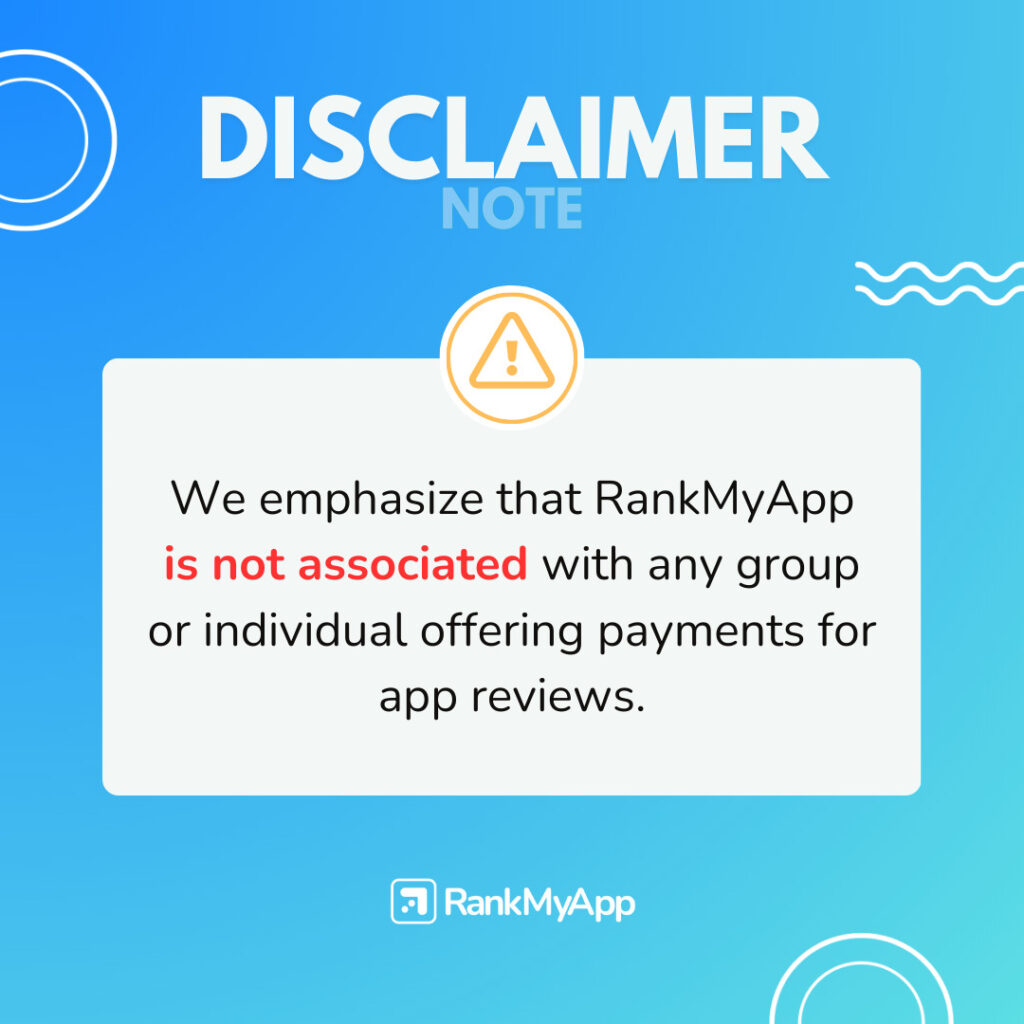Artificial Intelligence (AI) often evokes mixed feelings of excitement and skepticism, especially regarding its application in review analysis.
Many customers and users express concerns about the accuracy of AI-based solutions, potential errors in data classification, or the lengthy training periods required for these systems to function effectively. These are valid concerns and reflect a natural skepticism toward new technologies. However, it’s crucial to highlight how AI has significantly evolved in recent years, transforming review analysis to deliver more reliable, faster, and detailed insights.
In this article, we will explore how AI is revolutionizing review analysis and how you can overcome common distrust associated with its implementation. We’ll also discuss technological advancements, practical benefits, and real-world success stories.
The Evolution of Artificial Intelligence in Data Analysis
In recent years, artificial intelligence and its subfields, such as machine learning and natural language processing (NLP), have seen remarkable advancements.
Previously, AI technologies were considered rudimentary and limited, incapable of capturing complex nuances in language and context. However, new developments have enabled unprecedented levels of precision and efficiency.
Technological Advancements
Machine learning can now process large datasets, allowing AI systems to identify complex patterns and adapt continuously. Review analysis, which often involves thousands or even millions of customer comments, has become much more manageable and efficient through AI. Companies can now extract valuable insights without relying on large teams of analysts to manually process data.
Modern systems understand contexts, differentiate sentiments (positive, negative, and neutral), and categorize vast amounts of data with astonishing accuracy. Moreover, continuous advancements in these technologies minimize classification errors, boosting confidence in AI-generated results.
Enhanced Precision
Thanks to advanced training and validation techniques, today’s AI systems are highly precise in data analysis, capable of processing complex information with increasingly lower error margins. These systems are constantly improving, learning from new data, and adapting to changes in user behavior and market trends.
How AI Manages Data Complexity
One of AI’s primary benefits in review analysis is its ability to handle the complexity of textual data. Customer reviews often contain nuances, slang, regional expressions, and emotions, making it challenging for traditional systems to extract accurate insights.
Natural Language Processing (NLP)
Natural Language Processing (NLP) has revolutionized how systems interpret human language. NLP models can now capture nuances in tone, emotions, and expressions used by consumers. For example, a review containing sarcasm or indirect criticism can be accurately interpreted by a well-trained NLP system, something that would be challenging for traditional systems or even human analysts without deep contextual knowledge.
Sentiment and Context Analysis
AI’s ability to identify sentiments is crucial for successful review analysis. It helps businesses better understand customer satisfaction or dissatisfaction with their products or services.
Sentiment analysis goes beyond basic emotions. It can also identify the context in which specific words or phrases are used, providing deeper and more accurate insights.
For instance, if a customer writes, “The service was excellent, but the product arrived damaged,” AI can separate the positive sentiment about the service from the negative sentiment about the product, offering actionable insights across different areas that may require attention.
The Training Process and Continuous Improvement
One common concern about using AI is the time required to train a model and ensure its effectiveness. While initial training might seem time-intensive, modern machine learning methods are making this process increasingly efficient.
- Training: Using large datasets and continuous learning techniques, AI can be trained to improve its capabilities over time. Instead of relying on a single training process, AI models can be updated incrementally, incorporating new data and adjusting to changing patterns in user behavior.
- Feedback and Adjustments: One of AI’s most significant advantages is its ability to learn. As the system encounters more data, it becomes more efficient and precise in classifying and analyzing reviews. This means that AI performance improves continuously, helping businesses obtain increasingly relevant and accurate insights over time.
Real Benefits of Artificial Intelligence in Review Analysis
The advantages of using AI for review analysis extend beyond simply automating the process. The benefits are tangible and range from reducing time and costs to uncovering deep insights that can transform business operations.
- Scalability and Efficiency: AI can process massive volumes of data in a short amount of time. This is particularly useful for companies handling thousands of customer reviews daily. Automating the analysis allows teams to focus on strategic decision-making based on the insights generated, rather than manually classifying and interpreting each feedback entry.
- Deep Insights: AI can discover patterns and trends that may be overlooked in a superficial human analysis. This allows companies to identify specific areas for improvement and opportunities to innovate based on customer needs and desires.
- Reduced Bias and Human Errors: Using AI makes data analysis more impartial and free from human bias. The system processes information objectively, reducing the likelihood of errors or subjective interpretations that could distort results.
Practical Examples of Success with AI in Review Analysis
Companies across various sectors are already reaping the benefits of AI applied to review analysis. For example, e-commerce platforms use AI to better understand customer opinions and adjust their offerings based on feedback. This has led to significant improvements in customer experience and increased overall satisfaction.
In delivery apps, AI is being used to monitor service quality by analyzing user comments and identifying recurring issues that can be quickly resolved before they negatively impact the company’s reputation.
Conclusion
While skepticism toward AI is understandable, it’s essential to recognize the advancements this technology offers. Today, AI not only delivers more precise and efficient analyses but also provides a deeper, more objective understanding of customer behavior. If you’re ready to overcome your concerns and explore AI’s full potential in review analysis, now is the perfect time.
Contact us to schedule a free demo and see how this technology can transform your business approach, taking your company to new levels of success. We’re here to help you implement solutions that make a real difference.





